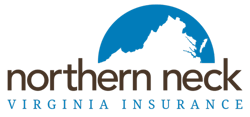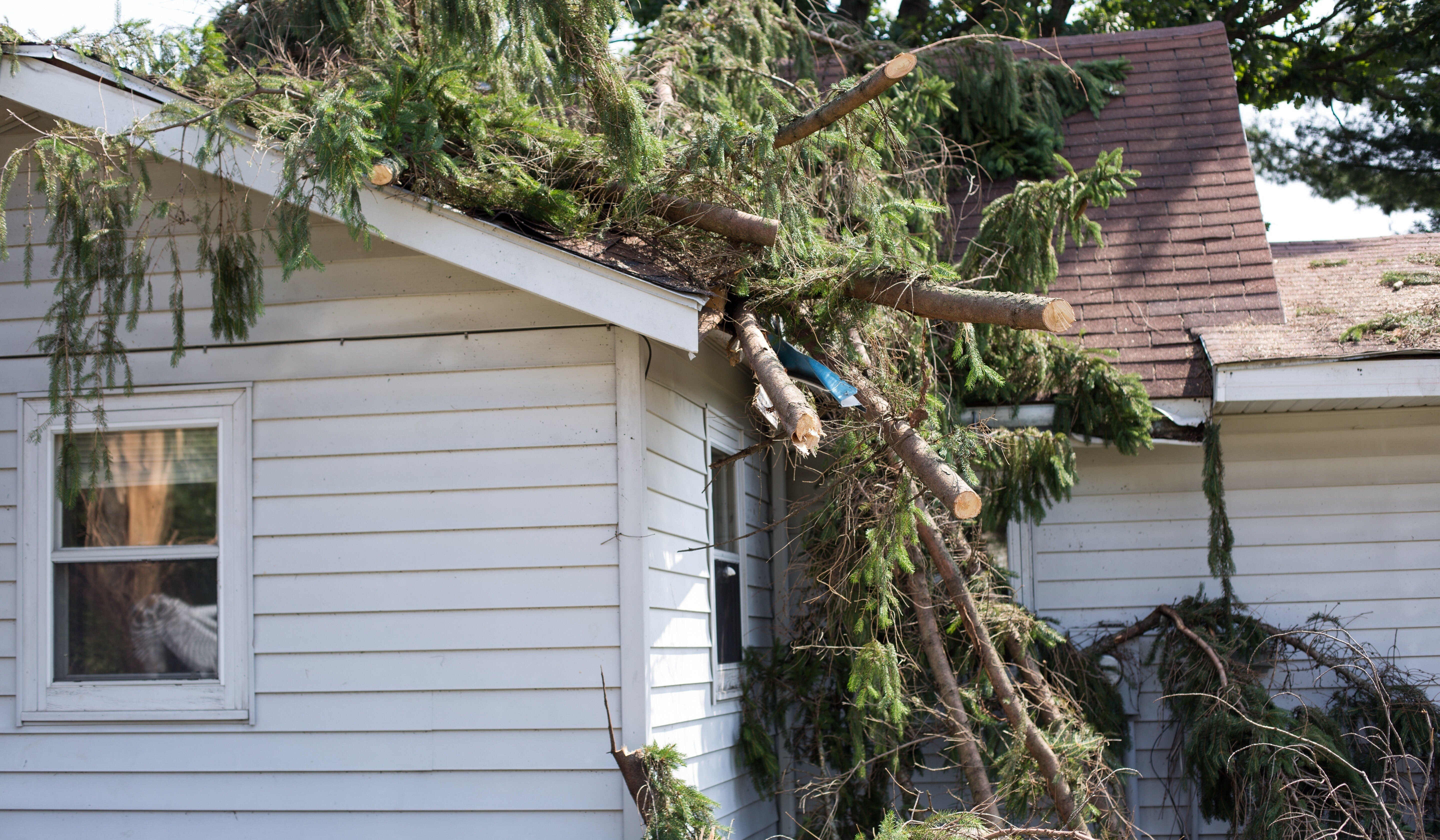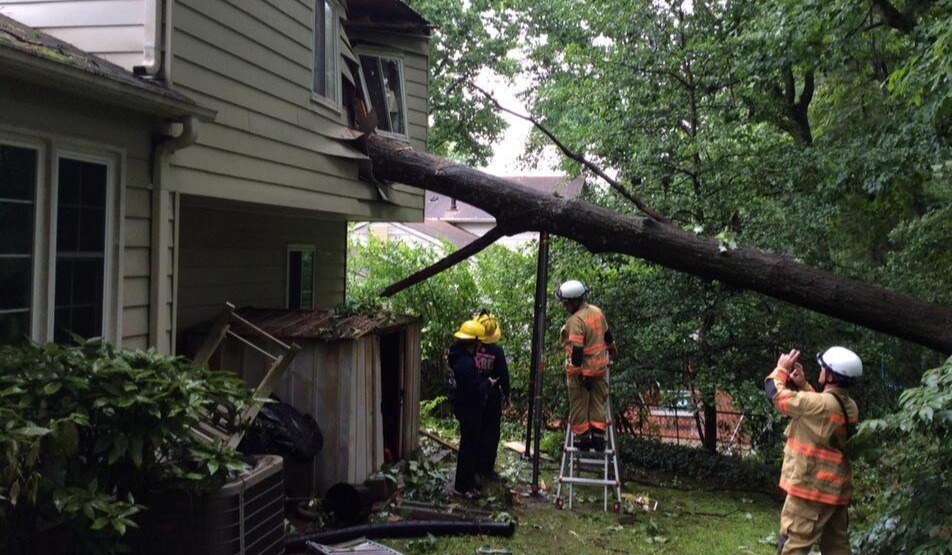
It’s your first line of defense. It covers and protects the foundation and bones of your house. It covers and protects your treasures within. And most importantly, it covers and protects your family.
Your ROOF. It needs to be right!
How often should I have my roof inspected?
If your home is newly built, you obviously do not need to have your roof inspected unless there has been a severe weather event and you think your roof may have been damaged. If your home is more than 10 years old and your roof hasn’t been inspected in a while, or you just bought the home, the best time is now. This is a good reason not to waive a home inspection before you buy a home.
Virginia has its share of severe weather starting in early spring and throughout summer. Fall brings the peak of the Atlantic hurricane season from mid-August to late October. Virginia can experience massive amounts of rain with hurricanes. We've all seen the stories and pictures of the powerful wind destruction that comes with these storms. Even the 95 mph winds of a CAT 1 hurricane can damage your roof and cause costly water damage to your home. Winter's wind, ice, and snowstorms can weigh heavily on an older roof. That's the worst time to have a leaky roof and the need for repair.
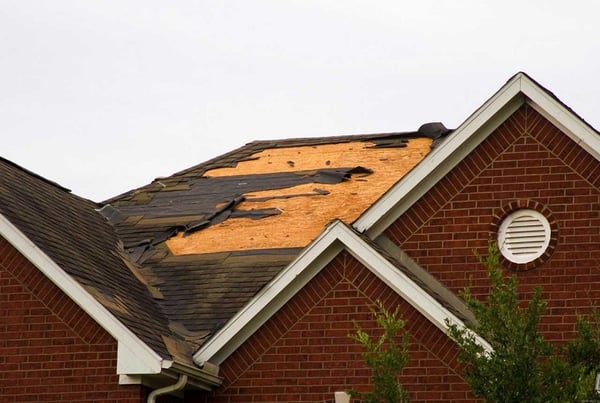
How can you tell if your roof needs to be replaced?
The best way is to have a professional inspection. There are telltale signs that a roofer can see, just not always from the ground. Experts at the Insurance Institute for Business and Home Safety (IBHS) knows the 4 warning signs a roof needs repair or replacement.
Regardless of a recent roof inspection or replacement, anytime you suspect damage from a severe weather event, such a hail or high winds, have these checked by a professional lickety-split:
1. Loose, worn, broken, or missing shingles
2. Noticeable gaps or missing seals
3. Ridge vents that are not attached well
4. Signs of water staining, especially around the chimney, vents, or pipes
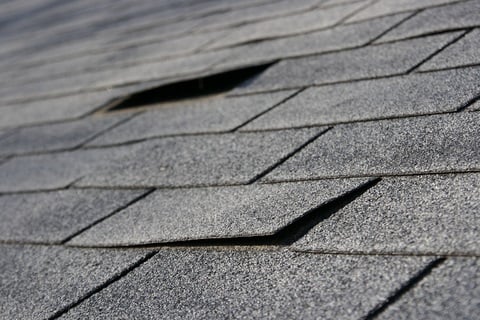
What kind of roof should I get?
If your roof is old or beyond repair and it comes time to replace it, there are a few super smart and low-cost ways to bring in a huge extra layer of protection.
The best type of roof to buy is one that is Fortified. The Insurance Institute for Business and Home Safety (IBHS) Fortified roofing program has specific ways to make roofs go the extra mile. You can also find resources for local roofers that understand the value of these fortifying methods, especially if you live in a high-risk area of Virginia. The average roofing contractor most likely will not do these things unless you ask for it. Methods include things like using the right type of nail and sealing for an added layer of protection. We're on board because we’ve seen what the destructive duo of wind and water can do.
Watch this great video from our friends at the Insurance Institute for Business and Home Safety (IBHS):
Getting the Roof Right from IBHS on Vimeo.
How to find the right roofing contractor
This is a big-ticket item. So, you want to be sure you're working with a reputable licensed and insured roofing contractor and avoiding scammers. IBHS's Fortified program has its own service provider search. Whatever you do, take the time to check references (please and thank you) thoroughly. Then, share how you want to fortify your roof with the contractor. Share these great resources from IBHS and be crystal clear about your expectations.
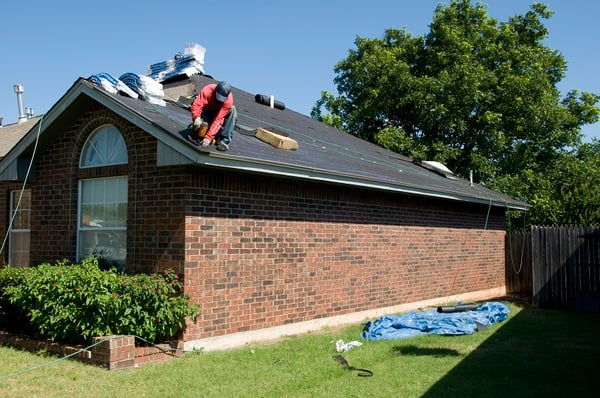
The good news is that your home insurance can cover damage to your roof, but you want to be sure damage is not due to poor maintenance. We've seen our share of homes in disrepair, so this fall, put your roof's care at the top of your list. Once you're done, what great peace of mind for the winter, not to mention hurricane season and the risks that come with it!
Sources:
Learn more about homeowners insurance in Virginia >
THE NORTHERN NECK INSURANCE INTEGRITY PROMISE — We pledge to provide straight talk and good counsel from our NNINS Virginia insurance experts through our blog. While we hope you find this to be a helpful source of information, it does not replace the guidance of a licensed insurance professional, nor does it modify the terms of your Northern Neck Insurance policy in any way. All insurance products are governed by the terms in the applicable insurance policy.
